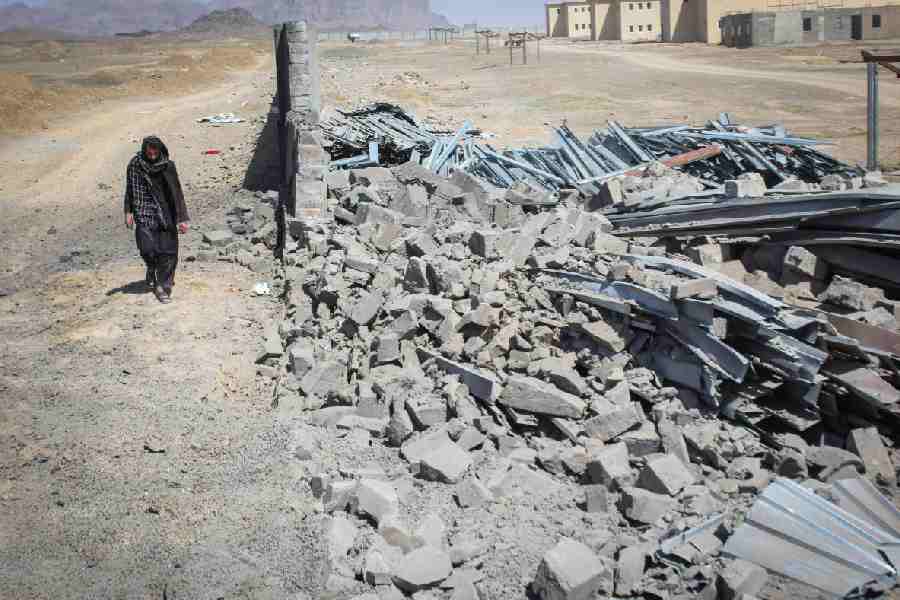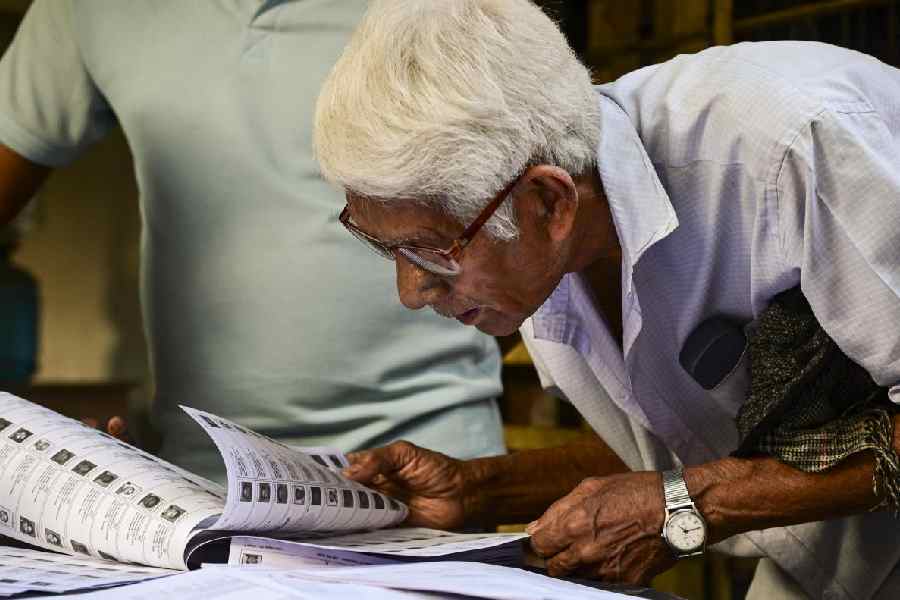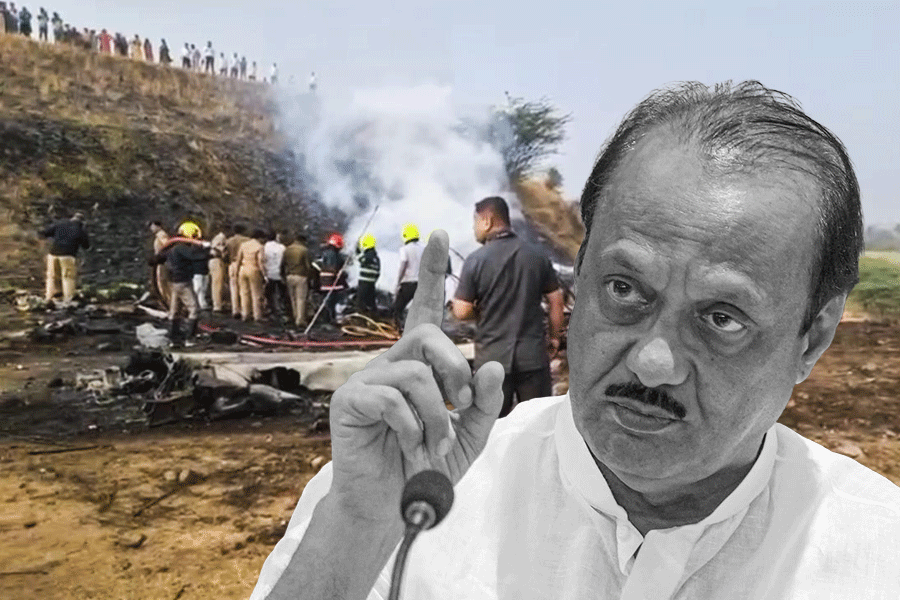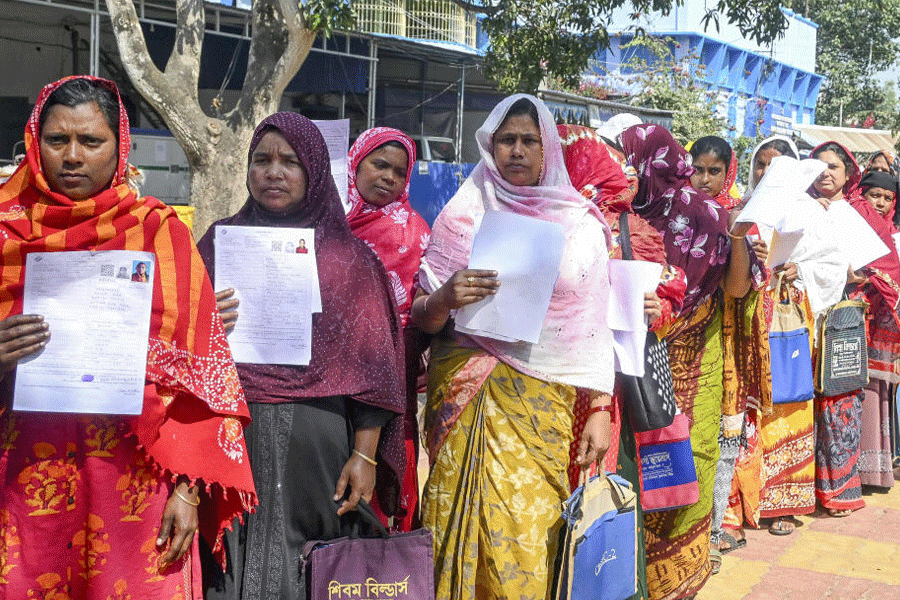 |
Guwahati, Jan. 8: Childbirth can have its complications in Assam: How does a mother and her husband know where to go from the sandbar they live on in the Brahmaputra to a hospital that offers free C-sections? When do they move for that all-important operation, what tests does the mother needs to get done before her child arrives? What food keeps her healthy?
With a new device that is in its final stages of development at the Indian Institute of Technology Guwahati (IITG), that is a call even the most illiterate couple in rural Assam can now possibly take.
“Just wait for three, maybe four months,” says Keyur Sorathia, assistant professor at IITG’s design department. “And we’ll make things easy for the mother.” And it does look like a mobile phone. Equipped with a tiny monitor and 10 keys, the device christened Chetna could very well be the state’s — and the country’s, going by what IIT-G scientists say — most baby-friendly device.
At another level, the device could help bring down Assam’s maternal mortality ratio and infant mortality ratio, two crucial factors that determine the health of the state. “Chetna is a graphics and speech-based information system and a user woman can see and hear the information that Chetna is equipped with just by pressing a button,” says Sorathia, who has developed the device with his students Amit Ranjan and Jagriti Kumar.
“Every Chetna device, which weighs only 90gm, will also have a unique identification number through which she will be connected with hospitals, doctors and the ASHA worker,” he said.
For a user, calling a 108 Mrityunjoy ambulance that forms the lifeline of the state’s rural health services will thus be the press of a button away.
The information on five important aspects is life-saving: food, antenatal care, anaemia, emergency healthcare services as well as other necessary information in Assamese.
A large button marked 108 connects a user to the Mrityunjoy service. The device’s 20 icons put out, among others, information on locally available food that is beneficial for both the mother and her child. Chetna will first be available in Assamese “but other languages can always be added,” says Sorathia.
Chetna’s team of three began work on the project in 2011 after interviewing 36 economically backward pregnant women, two doctors and two ASHA workers in tea gardens in Dibrugarh in Upper Assam and at Amingaon in lower Assam’s Kamrup district. The survey revealed that many rural women were unaware of the precautions they had to take during pregnancy and the government’s maternal health services available to them under NRHM.
“Often, given the lack of knowledge, a pregnant woman with complications is rushed to a hospital which does not have facilities to take care of her. The doctors then refer her to a better hospital and in the process they waste precious time. Many women often die while being taken from one hospital to another. Chetna will guide them which hospital she needs to be taken, based on her health condition and health record available with the information system,” Sorathia said.
Given the targetted end-user, the device comes in a range of six colours, says Sorathia. “That’s based on a woman’s fascination for colours. But most important, in a rural environment, it’s the man who has the mobile with him. But with Chetna, a woman can call 108 on her own.” Little wonder then that the Chetna should think of a tag line to their invention. “Celebrate your pregnancy,” it says.










